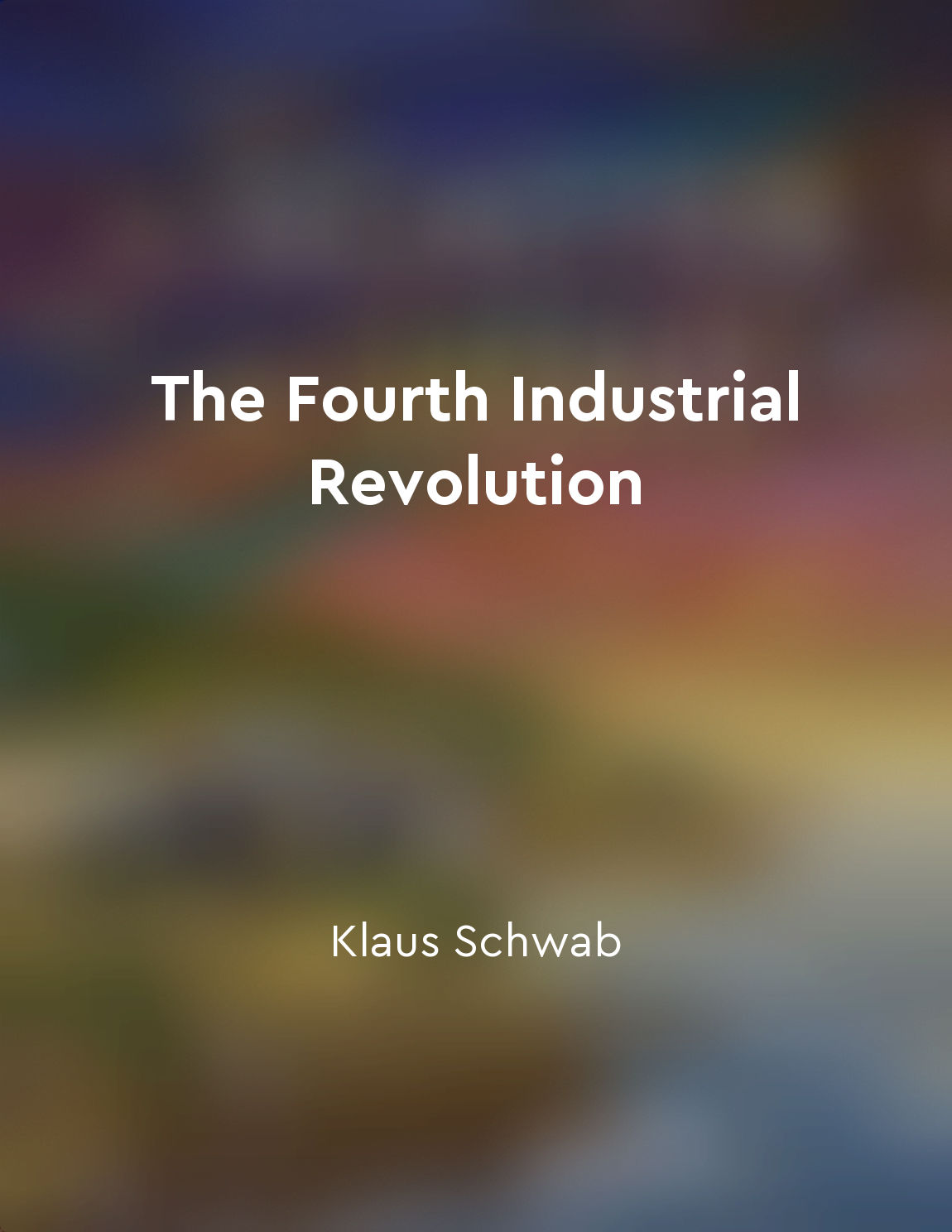Transparency is crucial in automated decisionmaking from "summary" of Automation and Utopia by John Danaher
The idea that transparency is crucial in automated decision-making is a foundational principle in discussions about the ethics of AI and the design of automated systems. When we talk about transparency in this context, we are referring to the idea that the processes by which automated decisions are made should be open and understandable to those affected by them. This means that individuals should have insight into how decisions are reached, what factors are taken into account, and how those factors are weighted or prioritized. Transparency is crucial for several reasons. First and foremost, it is a matter of accountability. If individuals are subject to decisions made by automated systems, they have a right to know how those decisions are made and to have recourse if they believe a decision is unfair or unjust. Transparency ensures that there is a clear line of responsibility and that those responsible for designing and implementing automated systems can be held to account. Moreover, transparency is important for fostering trust in automated systems. If individuals do not understand how decisions are made, they are less likely to trust those decisions or the systems that generate them. This lack of trust can have serious consequences, leading to resistance or even rejection of automated systems, even when they might be beneficial. Finally, transparency is crucial for promoting fairness and preventing discrimination. If the factors that influence automated decisions are not made explicit, it is difficult to assess whether those decisions are biased or discriminatory. Transparency allows for scrutiny and oversight, making it possible to identify and address biases in automated systems. In practice, achieving transparency in automated decision-making can be challenging. Automated systems are often complex and opaque, making it difficult for individuals to understand how decisions are reached. Designing systems that are transparent requires careful attention to detail and a commitment to openness and accountability. This might involve providing explanations for decisions, allowing for appeals or challenges, or incorporating mechanisms for external oversight and review.- Transparency in automated decision-making is not just a technical or procedural issue; it is a matter of ethics and social responsibility. As we continue to develop and deploy automated systems in various domains, it is essential that we prioritize transparency to ensure that these systems are fair, accountable, and trustworthy.
Similar Posts
AI impact on societal structures
The impact of AI on societal structures is profound and far-reaching. As artificial intelligence continues to advance at an exp...
Humancompatible AI can address global challenges
The idea that human-compatible AI can address global challenges is deeply rooted in the belief that intelligent machines have t...
AI can improve financial services through automation
In the domain of financial services, the potential for artificial intelligence to enhance efficiency and accuracy through autom...

The desire for control is leading to the creation of ever more sophisticated technologies, with unpredictable consequences
The relentless quest to control and manipulate the world around us has driven humanity to develop increasingly advanced technol...

The Big Nine have the responsibility to uphold ethical standards
The Big Nine — Google, Microsoft, Apple, Amazon, Facebook, IBM, Baidu, Alibaba, and Tencent — are the world's most influential ...
Artificial intelligence alters human perception
Our perception of reality is heavily influenced by the information we receive from our senses. What we see, hear, touch, taste,...

Data privacy and cybersecurity are becoming increasingly important in a digital world
In an age where data is seen as the new currency, the issues of data privacy and cybersecurity are gaining paramount importance...
Social media impacted political discourse
The rise of social media has had a profound impact on political discourse in recent years. Platforms like Twitter, Facebook, an...
Continuous learning is essential for personal and professional growth
Continuous learning is an indispensable component of both personal and professional development. In an era where machines are r...
Challenge assumptions
To thrive in the 21st century, we must learn to question the assumptions that underpin our beliefs and actions. We are often gu...

